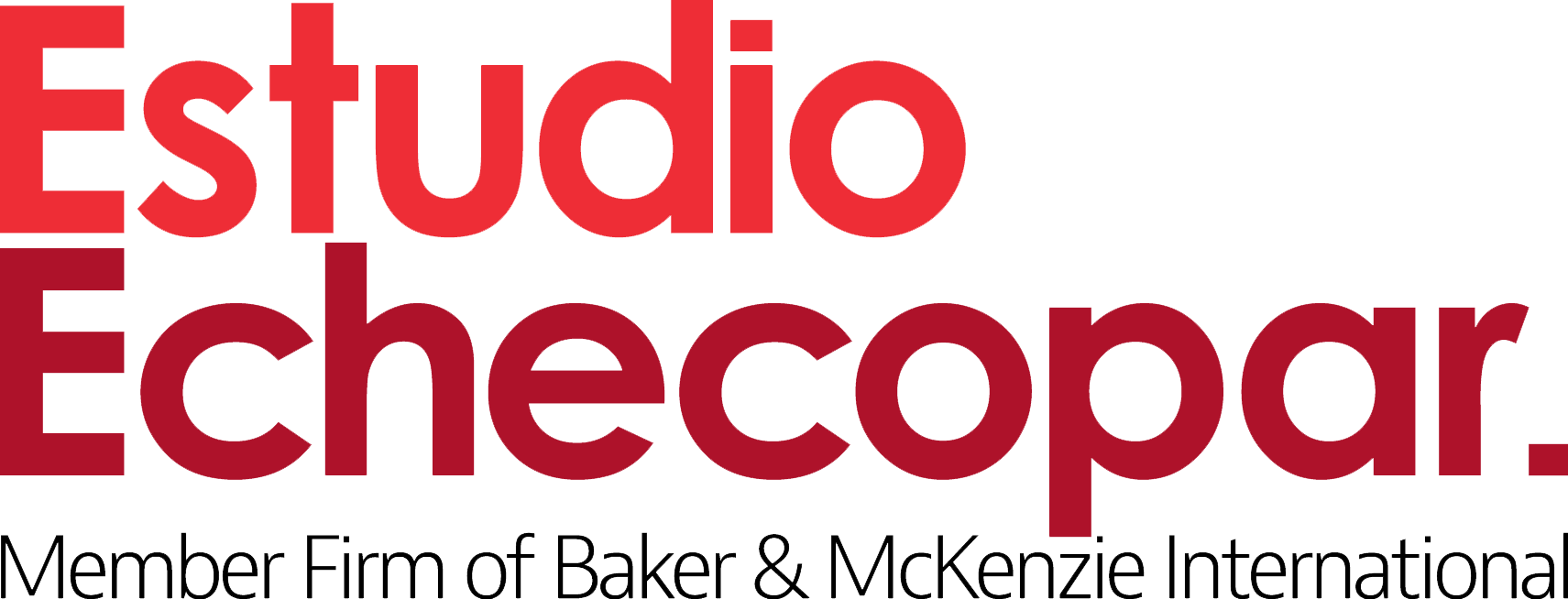In brief
On 2 May 2024, the Draft Regulation of Law No. 31814, Law that promotes the use of artificial intelligence in favor of the economic and social development of the country (the “Law” and the “Draft“, respectively), which aims to establish the conditions that guarantee the development and responsible use of artificial intelligence (AI), was published for comments.
The main provisions are as follows:
1. Scope of application
The Law and its regulations apply to the following:
- Public administration entities, including legal persons under the private regime that provide public services or exercise administrative function, by virtue of an authorization from the state
- Companies that carry out state business activity and that are within the scope of the National Fund for the Financing of State Business Activity; and
- Civil society organizations, citizens, companies and academic institutions, as appropriate
2. Guiding principles for the use and development of AI in addition to those provided for in the Law
- Safety, proportionality and reliability: AI-based systems must be safe to ensure the intended purpose and minimize the risks associated with such systems through a risk-based approach. The use of these systems must be proportional to their purpose.
- Transparency and explainability: Algorithmic transparency and traceability measures must be incorporated, and information on their uses must be provided to users to give them a better understanding of how using these AI-based systems will affect them.
- Human responsibility: The responsibility generated by the use and development of AI-based systems ultimately falls on the human person, and they are therefore subject to ethical, civil, administrative and criminal liability.
- Accountability and human oversight: AI-based systems should have mechanisms for accountability and oversight. Where appropriate, human oversight mechanisms should be incorporated.
3. Classification of AI-based systems
AI-based systems are classified, at a minimum, according to the risk of affecting fair treatment, transparency and fundamental rights that is generated by their use. The classification covers the categories “unacceptable,” “high,” “medium” and “low” risk.
4. Key risk management arrangements in AI-based systems
- The implementer of an AI-based system must take appropriate management measures according to the system’s level of risk.
- An AI-based system is considered a high risk when it does not have mechanisms to interpret how a certain result has been arrived at or how much it is used for activities such as biometric identification and categorization of natural persons; selection of workers or job applicants; and credit assessment of individuals.
- An implementer of a high-risk AI-based system must, among other things, identify and evaluate the risks generated and implement measures to manage them by preparing reports that describe the system validation process.
- An AI-based system is considered an unacceptable risk when it is used to modify the behavior of a person through subliminal techniques and to classify the reliability of a person or group through the quantification of their social behavior whenever such classification generates a detrimental effect. It is prohibited to use an AI-based system of unacceptable risk within the national territory.
5. Measures to strengthen the responsible and ethical use of AI
- Inform the citizen, in advance, in a clear and simple manner, of the use of such a system
- Explain the operation and parameters used to arrive at a result
- Provide information on the persons responsible for decision-making and the rights available to the affected party
- Ensure compliance with copyright and intellectual property rights in the use and development of AI-based systems
- Establish a communication channel for a person to report misuse of AI-based systems or noncompliance with a standard
6. Measures for safety and confidence in the use and development of AI
- Communicating digital security incidents involving AI-based systems to the National Digital Security Center
- Include visible labeling on text, images, videos and audios to identify that they have been generated by an AI-based system
You can find the project at this link.
Interested parties can send their comments on the project via email to rinfante@pcm.gob.pe until 14 June 2024.
We hope you will find this information relevant. Please do not hesitate to contact us should you require any further advice.
* * * * *

Estudio Echecopar is a member firm of Baker & McKenzie International, a Swiss Verein with member law firms around the world. In accordance with the common terminology used in professional service organizations, reference to a “partner” means a person who is a partner or equivalent in such a law firm. Similarly, reference to an “office” means an office of any such law firm.
Before you send an e-mail to Estudio Echecopar, please be aware that your communications with us through this message will not create a lawyer-client relationship with us. Do not send us any information that you or anyone else considers to be confidential or secret unless we have first agreed to be your lawyer in the matter. Any information you send us before we agree to be your lawyers cannot be protected from disclosure.
@2024 Estudio Echecopar
All rights reserved.
No part of this publication may be reproduced in any form or by any means without the written permission of Estudio Echecopar.






